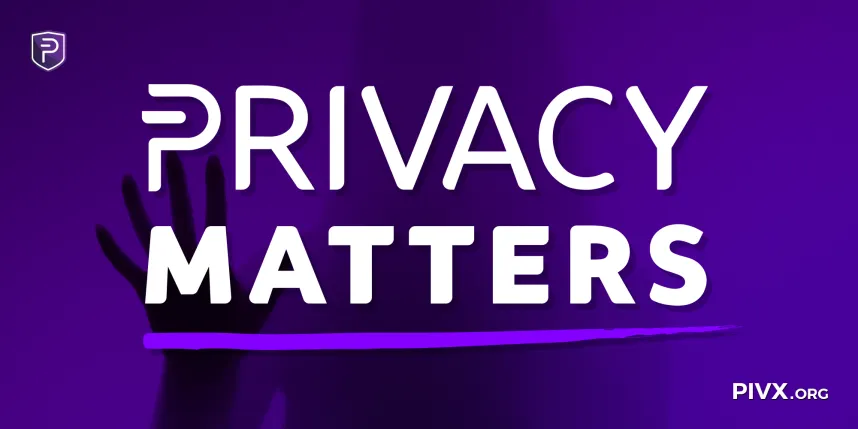
Denmark’s Justice Minister has confirmed the withdrawal of the nation’s controversial draft law that aimed to mandate the scanning of electronic communications, including those on end-to-end encrypted (E2EE) platforms. The proposal, known widely as “Chat Control,” was intended as a tool in the fight against child sexual abuse materials (CSAM) but sparked an intense backlash from privacy advocates and fellow EU member states.
Danish Justice Minister Peter Hummelgaard announced late last week that his office would no longer push for the mandatory scanning requirement, opting instead to support a model for voluntary CSAM detection. The decision follows days of silence and was solidified after the German government publicly announced it would not support the measure, effectively tanking the Danish effort within the European Council presidency.
The proposed legislation would have forced technology companies to actively search all private messages for illegal content, a move critics denounced as unprecedented mass surveillance. Meredith Whittaker, President of the Signal Foundation, was a prominent voice against the measure, stating it would be a “free-for-all” that opened up the confidential communications of everyone from officials to activists. Signal had previously threatened to exit the European market entirely if the provision was adopted.
A Temporal Privacy Win
While the proposal’s withdrawal is being hailed as a victory for digital rights and encryption, the relief may be temporal. Minister Hummelgaard stressed that the current model, which allows for voluntary scanning, is set to expire in April.
“This will mean that the search warrant will not be part of the EU presidency’s new compromise proposal, and that it will continue to be voluntary for the tech giants to search for child sexual abuse material,” Hummelgaard said.
However, he immediately followed this by underscoring the urgency of finding an alternative: “Right now we are in a situation where we risk completely losing a central tool in the fight against sexual abuse of children. That’s why we have to act no matter what. We owe it to all the children who are subjected to monstrous abuse.”
The minister’s remarks indicate that while the most privacy-invasive form of the legislation has been shelved for now, the debate over how to balance child safety with fundamental digital privacy rights is far from over. The EU will likely continue to pursue a replacement framework before the April deadline, suggesting that the privacy reprieve achieved by withdrawing the Chat Control proposal is only a temporary win until a new, potentially less intrusive, but still contentious, solution is introduced.
Written by Clement Saudu
 |
PIVX: Your Rights. Your Privacy. Your Choice |
| PIVX.org | Discord | Telegram |
| MEXC | Binance | Poloniex | XT.com |